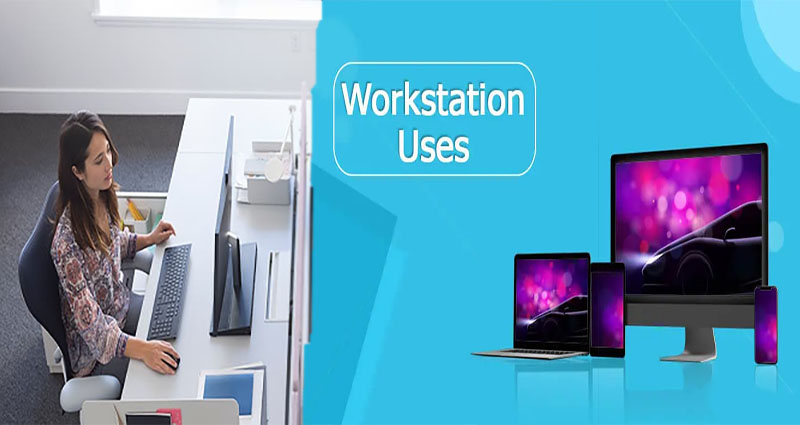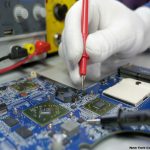When it comes to computing, there are many advantages of using a workstation computer. A workstation has a larger amount of memory than a typical desktop PC, and often has twice as much. This means you can perform more work on it faster. Another advantage of a workstation is the multiple processors it contains. These multiprocessors let you run multiple applications at once without slowing down the system. These features are the main reasons workstations are used by professionals.
High processing speed
If you’re working on a complex project, a workstation computer is the best choice. A workstation is designed to handle intensive processes, such as data science, 3D design, video editing, engineering, and more. Compared to a laptop, a workstation’s memory capacity is a critical factor for its performance. A workstation’s RAM is typically multiple orders of magnitude faster than its SSD. This means that it can handle more applications at once, and it can run more rigorous routines than its smaller counterpart.
Multiuser operating system
The benefits of using a multiuser operating system are numerous. One of these is the reduced number of computers required, since a multiuser OS enables multiple users to work on the same computer without causing any interruptions or delays. Another advantage is the fact that multiple accounts can be stored on a single computer. While this can be a convenient solution, many companies are now turning back to multiuser OSs. Furthermore, multiuser operating systems have many advantages, such as being highly complex and cost-effective.
SCSI disk storage system
SCSI is a disk storage system standard used in computers. It is used to connect libraries and removable media devices. This system uses RS-422 connectors for data transmission. It supports Ethernet and Internet Protocol connections. It uses the Automation/Drive Interface – Commands standard to define commands. A workstation computer can use two or more SCSI disk drives. One device has a single logical unit, while several others have multiple logical units.
Off-the-shelf PC components
One of the advantages of using off-the-shelf PC components in a workstation computer is their cost. While they are cheaper than custom-built computers, you have to consider their reliability under intensive conditions. Since most workstations are purchased from vendors, you may find it difficult to determine their reliability. That’s where off-the-shelf PC components come into play.
Larger hard drive
A workstation computer can be equipped with a larger hard drive. This is an advantage for users who regularly use their computer for intensive tasks. A slower hard drive can be problematic fordaily tasks, such as editing large databases. Using large data-intensive applications can also put a strain on the computer’s memory. Larger hard drives can solve these problems, and SSDs have a distinct advantage over their HDD counterparts.








